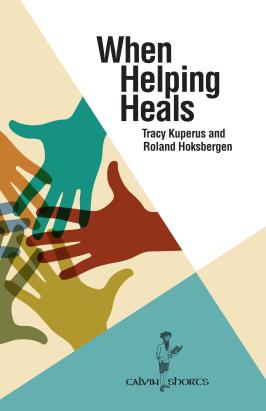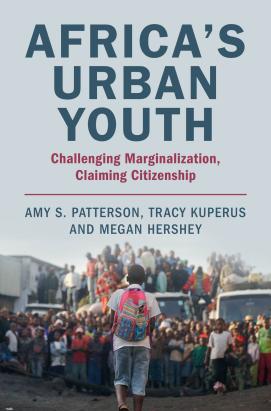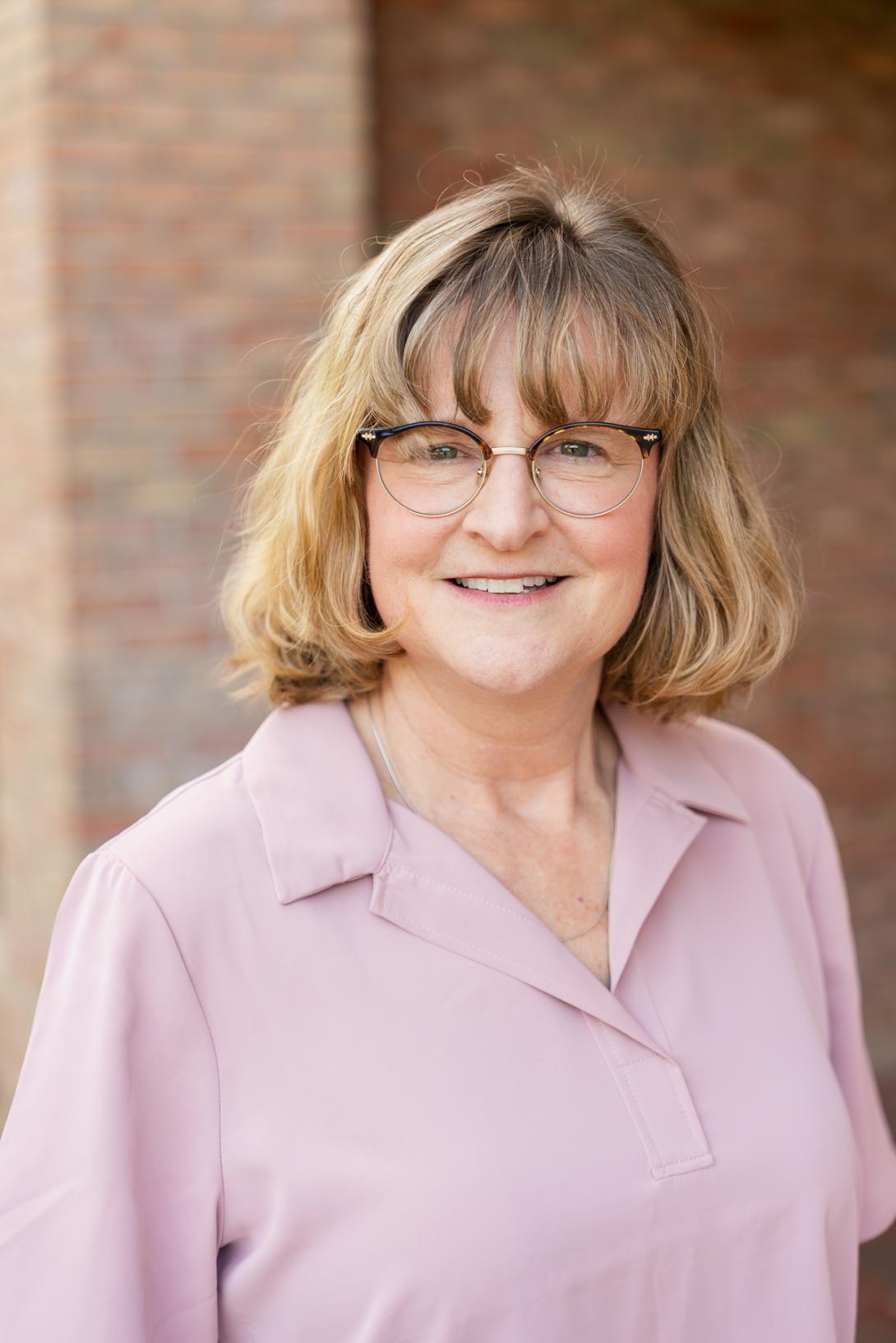Biography
I am a graduate of Calvin University (1989) and earned my Ph.D. in Political Science from the University of Illinois in Urbana-Champaign (1995). I have taught at Westmont College and Gordon College besides Calvin University. When I’m not working, I like to listen to music, read African novels, and travel with my family. Spending time on the African continent is always a personal highlight.
Academic Interests
My specializations in comparative politics are developing world and Africa politics. I teach courses in global democratization, human rights, African and developing world, and religion and politics, and I have led and co-led off-campus courses in Ghana and South Africa, including directing the Ghana Semester Program twice.
I am deeply interested in the nexus of religion and politics in Africa. My dissertation focused on how the Dutch Reformed Church in South Africa legitimated the policy of apartheid biblically and theologically over a sixty year period of time. Most of my research focuses on how religion aids or undermines democratization in countries like Ghana and South Africa, although more recently I’ve turned my attention to how Africa’s urban youth view citizenship and political participation.









